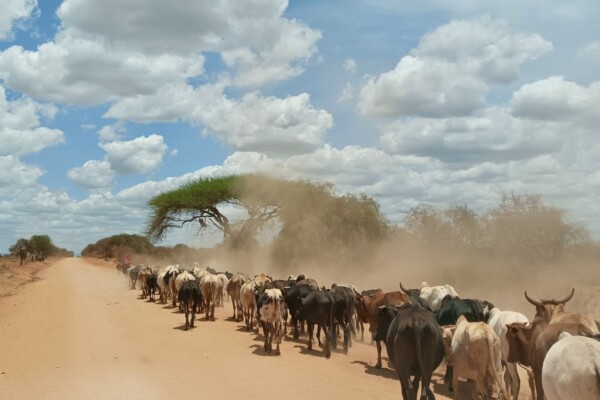
Voices from Tanzania – The impact of land acquisition processes for the East African Crude Oil Pipeline project on communities in Kiteto district, Manyara region
June 5, 2024This publication is part of IPIS’ Voices from Tanzania series and its edition on “The impact of land acquisition practices in the extractive sectors of northern Tanzania”. In their Voices from Tanzania study Kinnapa Development Programme discusses the impact of land acquisition processes for the East African Crude Oil Pipeline (EACOP) project on 3 village communities in Kiteto district, Manyara re
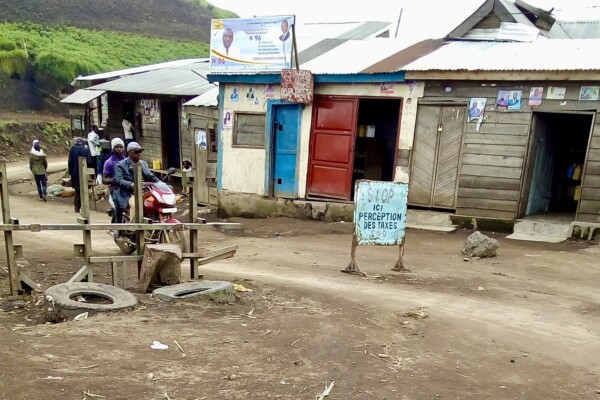
Roadblocks in Masisi and Walikale: Predation on movement in turbulent times
March 8, 2024While minerals have centered in research on conflict financing in the Democratic Republic of the Congo, armed actors often rely on alternative sources of revenue to finance their struggles. Among these are the operation of roadblocks. In this report, produced together with ASSODIP and the Danish Institute for International Studies, IPIS studies the linkage between roadblocks and the local artisana
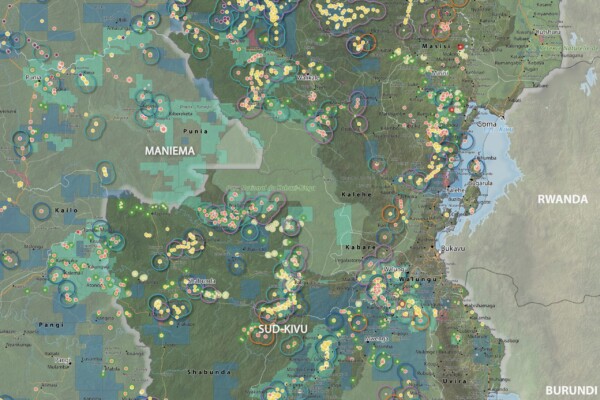
Maps of artisanal and small-scale mining in eastern DRC
July 4, 2022IPIS has created large format maps of known past and present ASM sites in eastern DRC. These A0 maps cover the provinces of Haut Uele, Maniema, Ituri and North and South Kivu. Each map details the type of minerals, the qualification status by official authorities, the mining titles and provide with an overview of armed presence in and around the mines as reported during field visits conducted by I
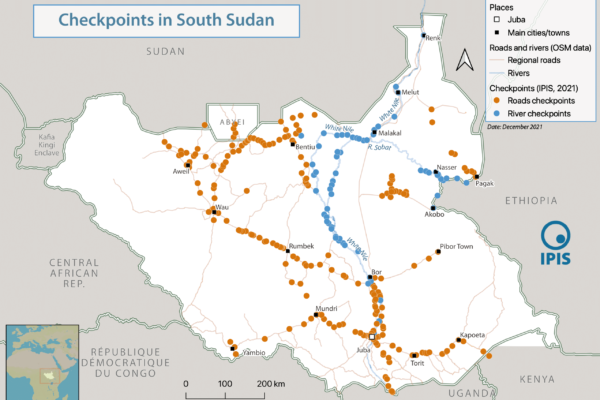
Maps of checkpoints in South Sudan
December 14, 2021A selection of key maps that accompany the 2021 publication “Checkpoint economy: the political economy of checkpoints in South Sudan, ten years after independence”. Interactive webmap of road-and river checkpoints in South Sudan: A static overview map of all road- and river checkpoints in South Sudan (2020 – 2021 data): A static map with details of all checkpoints, per route (2020 – 2021 data): A
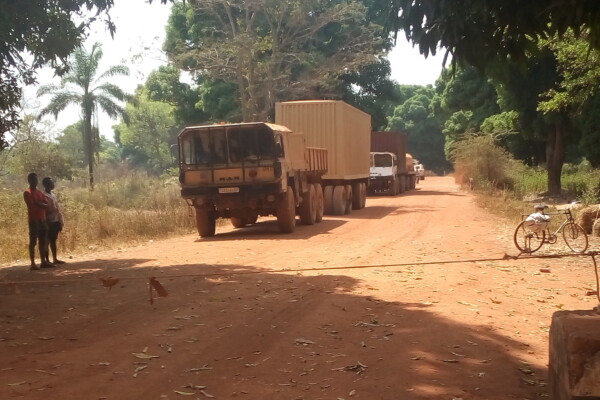
Checkpoint economy: the political economy of checkpoints in South Sudan, ten years after independence
December 10, 2021Ten years after independence, the world’s youngest country is home to an entrenched political economy of conflict premised on checkpoint taxation. Humanitarian aid is not exempt, reveals a major new mapping report by DIIS and IPIS. When South Sudan became independent ten years ago, oil revenues were supposed to fuel the economy of the world’s newest country. But two years later in 2013, oil prices
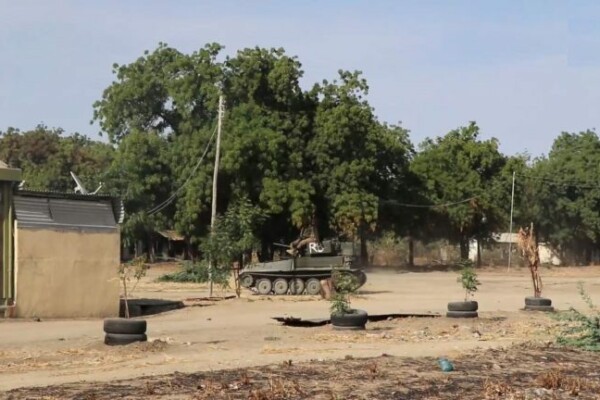
The management of lethal materiel in conflict settings: existing challenges and opportunities for the European Peace Facility
September 8, 2021This paper, which is a collaboration between Eric G. Berman (Director of the Safeguarding Security Sector Stockpiles (S⁴) Initiative) and IPIS, shows that levels of loss of uniformed personnel serving in peace operations in the Lake Chad Basin region under the Multinational Joint Task Force (MNJTF), as well as the seizure of lethal materiel from state stockpiles, are astonishingly high. Reporting
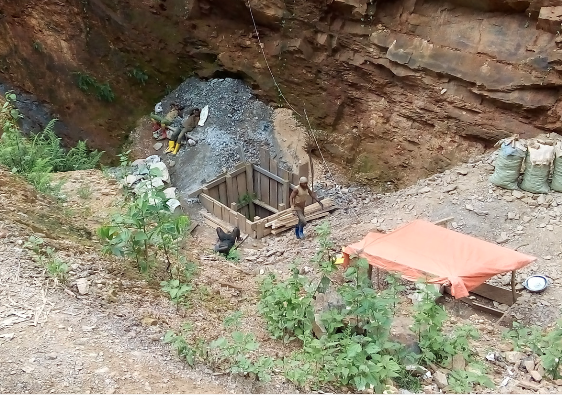
Madini – Conflict analysis and stakeholder mapping in the mining regions of South Kivu and Ituri
August 20, 2021To ensure that the implementation of the Madini project fits the local context and positively impacts the local population, IPIS conducted a conflict sensitivity analysis in South Kivu and Ituri. The present study highlights that poor governance, along with chronic poverty, are structural causes of violence in mining regions, whereas the presence o
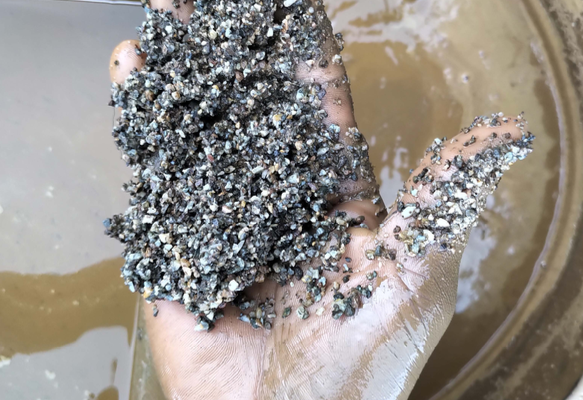
Evaluating Due Diligence Programs for Conflict Minerals
March 29, 2021The 2010 Dodd-Frank Act requires that US-listed companies sourcing so-called “conflict minerals” from Africa’s Great Lakes region conduct due diligence. Since January 2021, the EU imposes its 3TG importers to conduct due diligence in line with the OECD Guidelines (for a comparison between the two regulations, see IPIS Insight: Regulating Responsible Sourcing of 3TG Minerals). D

